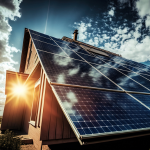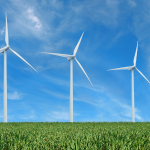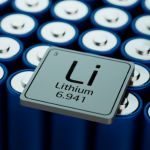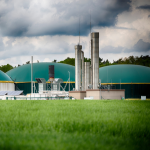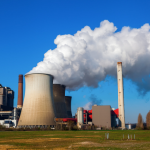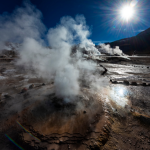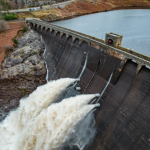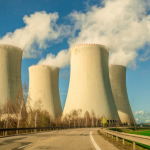Learn Everything About Clean Energy & More!
Check out our free energy glossaries and learn everything related to yoga!
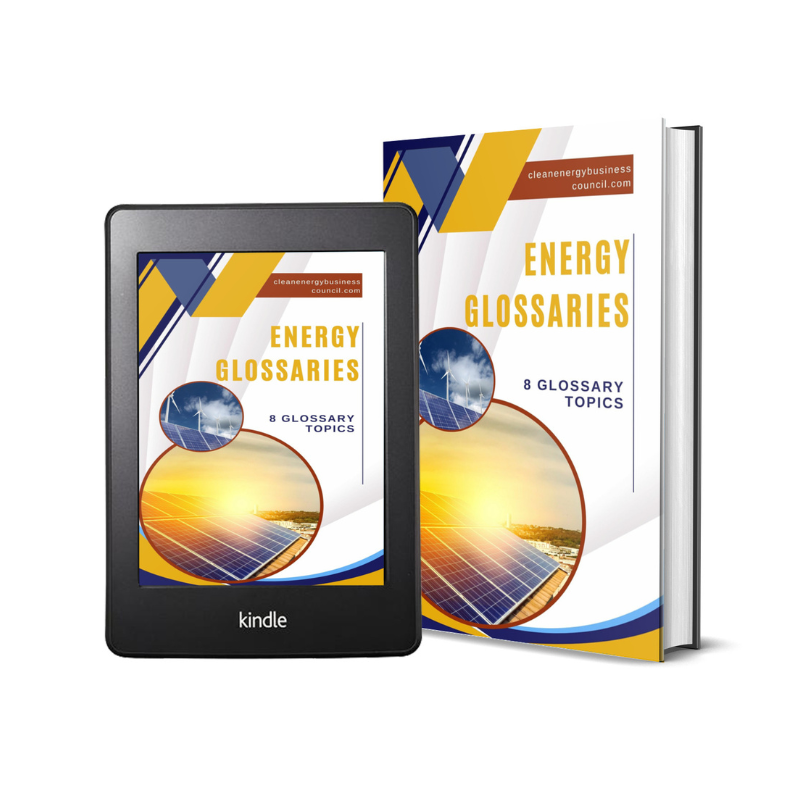
Energy Glossaries
Some Recent Energy Glossary Articles
Catchment Area – Definition & Detailed Explanation – Hydroelectric Power Glossary Terms
I. What is a Catchment Area? A catchment area, also known as a watershed or drainage basin, is the area of land from which all water flows into a particular river, lake, or other body of water. It is defined by the topography of the land, with higher elevations forming the boundaries of the catchment … Read more
Solar Elevation Angle – Definition & Detailed Explanation – Solar Energy Glossary Terms
I. What is Solar Elevation Angle? The solar elevation angle, also known as the solar altitude angle, is the angle between the sun and the horizon. It is a crucial parameter in determining the position of the sun in the sky at any given time and location. The solar elevation angle changes throughout the day … Read more
Infiltration – Definition & Detailed Explanation – Hydroelectric Power Glossary Terms
I. What is Infiltration? Infiltration refers to the process by which water seeps into the ground or a porous material. In the context of hydroelectric power plants, infiltration plays a crucial role in the overall efficiency of the plant. It is important to understand how infiltration impacts hydroelectric power generation in order to optimize the … Read more
Hydroelectric Power Plant Safety – Definition & Detailed Explanation – Hydroelectric Power Glossary Terms
I. What is hydroelectric power plant safety? Hydroelectric power plants are facilities that generate electricity by harnessing the power of flowing water. Safety in these plants is of utmost importance to protect both the workers and the surrounding environment. Hydroelectric power plant safety refers to the measures and protocols put in place to prevent accidents, … Read more
Nuclear Fusion – Definition & Detailed Explanation – Nuclear Energy Glossary Terms
I. What is Nuclear Fusion? Nuclear fusion is a process in which two light atomic nuclei combine to form a heavier nucleus, releasing a large amount of energy in the process. This process is the same reaction that powers the sun and other stars in the universe. In contrast to nuclear fission, which involves splitting … Read more
Reactor Core – Definition & Detailed Explanation – Nuclear Energy Glossary Terms
I. What is a Reactor Core? A reactor core is the central component of a nuclear reactor where nuclear reactions take place. It is where the fuel, usually uranium or plutonium, undergoes fission, releasing energy in the form of heat. This heat is used to produce steam, which drives turbines to generate electricity. The reactor … Read more
Supercritical Geothermal System – Definition & Detailed Explanation – Geothermal Energy Glossary Terms
I. What is a Supercritical Geothermal System? A Supercritical Geothermal System is a type of geothermal energy technology that harnesses the heat from the Earth’s core to generate electricity. Unlike traditional geothermal systems that rely on hot water or steam from shallow depths, supercritical geothermal systems tap into much hotter temperatures and pressures found deeper … Read more
Hydroelectric Yield – Definition & Detailed Explanation – Hydroelectric Power Glossary Terms
I. What is Hydroelectric Yield? Hydroelectric yield refers to the amount of electricity that can be generated from a hydroelectric power plant. This yield is dependent on various factors such as the flow rate of water, the height of the dam, and the efficiency of the turbines. Hydroelectric power is a renewable energy source that … Read more
Liquefied Natural Gas (LNG) – Definition & Detailed Explanation – Fossil Fuels Glossary Terms
I. What is Liquefied Natural Gas (LNG)? Liquefied Natural Gas (LNG) is a clear, colorless, non-toxic liquid that forms when natural gas is cooled to -260 degrees Fahrenheit. This cooling process reduces the volume of the gas by 600 times, making it easier and more cost-effective to transport and store. LNG is primarily composed of … Read more
Sluice Gate – Definition & Detailed Explanation – Hydroelectric Power Glossary Terms
I. What is a Sluice Gate? A sluice gate is a type of gate that is used to control the flow of water in a canal, river, or other waterway. It is typically made of metal or wood and is hinged at the bottom so that it can be raised or lowered to allow more … Read more
